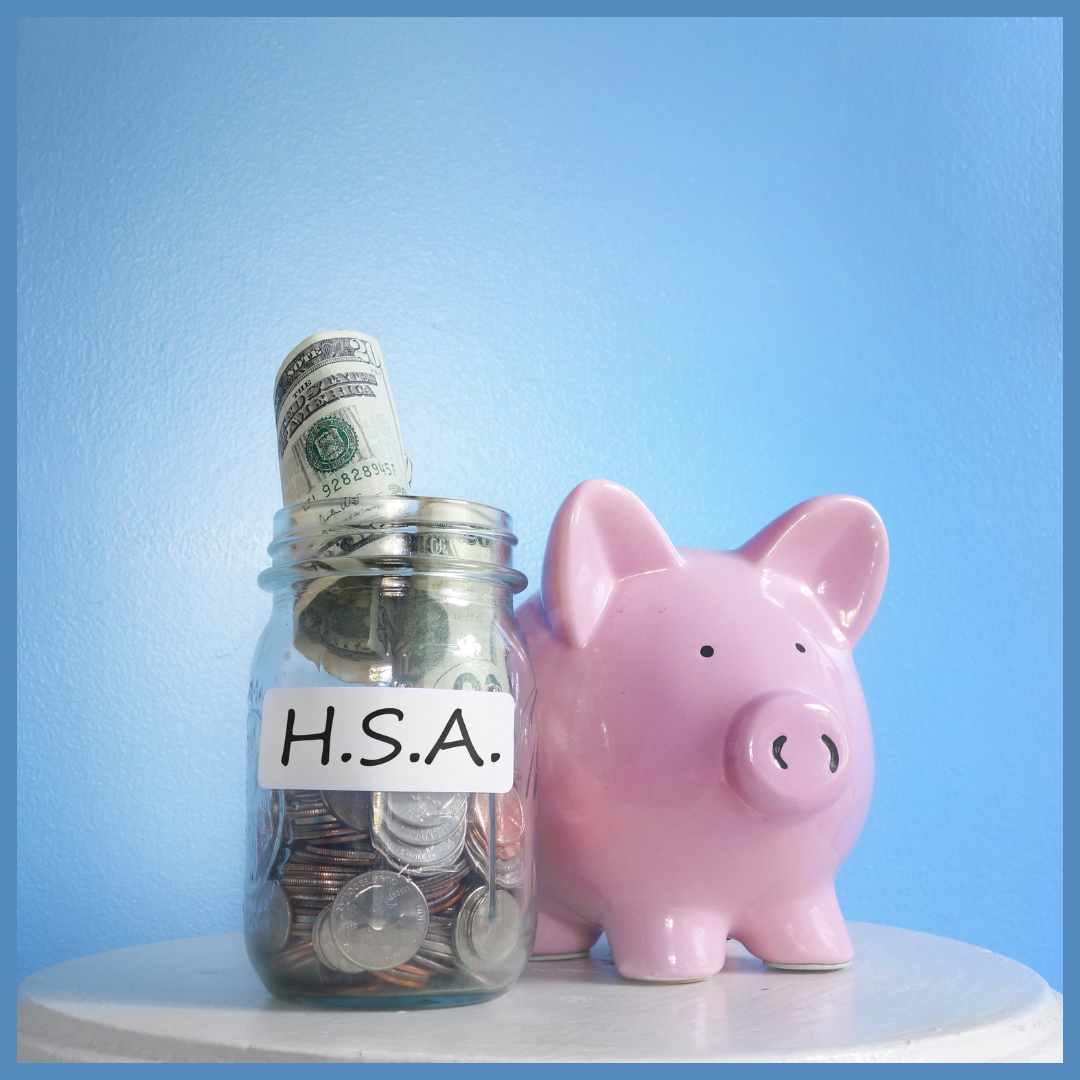News

Benefits Buzz June 2023
HSA/HDHP Limits Increase for 2024
On May 16, 2023, the IRS released Revenue Procedure 2023-23 to provide the inflation-adjusted limits for health savings accounts (HSAs) and high deductible health plans (HDHPs) for 2024. The IRS is required to publish these limits by June 1 of each year. These limits include:
- The maximum HSA contribution limit
- The minimum deductible amount for HDHPs
- The maximum out-of-pocket expense limit for HDHPs
These limits vary based on whether an individual has self-only or family coverage under an HDHP.
Eligible individuals with self-only HDHP coverage will be able to contribute $4,150 to their HSAs in 2024, up from $3,850 in 2023. Eligible individuals with family HDHP coverage will be able to contribute $8,300 to their HSAs in 2024, up from $7,750 in 2023. Individuals aged 55 or older may make an additional $1,000 “catch-up” contribution to their HSAs.
The minimum deductible amount for HDHPs increases to $1,600 for self-only coverage and $3,200 for family coverage in 2024 (up from $1,500 for self-only coverage and $3,000 for family coverage in 2023). The HDHP maximum out-of-pocket expense limit increases to $8,050 for self-only coverage and $16,100 for family coverage in 2024 (up from $7,500 for self-only coverage and $15,000 for family coverage in 2023).
The IRS also provided the inflation-adjusted limit for excepted benefit health reimbursement arrangements (HRAs). For plan years beginning in 2024, the maximum amount that may be made newly available for an excepted benefit HRA is $2,100 (up from $1,950 for 2023).
IRS Addresses Claims Substantiation for FSAs
The IRS recently issued a Chief Counsel Advice Memorandum that provides important reminders about the claims substantiation requirements for flexible spending accounts (FSAs). These requirements apply to FSAs that reimburse medical expenses (health FSAs) and FSAs that reimburse dependent care expenses (dependent care FSAs).
The IRS memorandum explains that FSA expenses are not considered properly substantiated if employees self-certify expenses, if the plan uses sampling, if only amounts over a certain level are substantiated or if charges from favored providers are not substantiated.
In addition, dependent care expenses may not be reimbursed before the expenses are incurred. Dependent care expenses are incurred when the care is provided and not when the employee is formally billed or charged for (or pays for) the dependent care.
Reimbursements from FSAs that are not fully substantiated must be included in the employee’s gross income. Also, if a Section 125 cafeteria plan does not comply with the substantiation requirements for FSAs, the plan will no longer qualify for favorable tax benefits. To avoid these negative tax consequences, employers with FSAs should review their substantiation procedures to make sure they comply with IRS rules.
© 2023 Zywave, Inc. All rights reserved